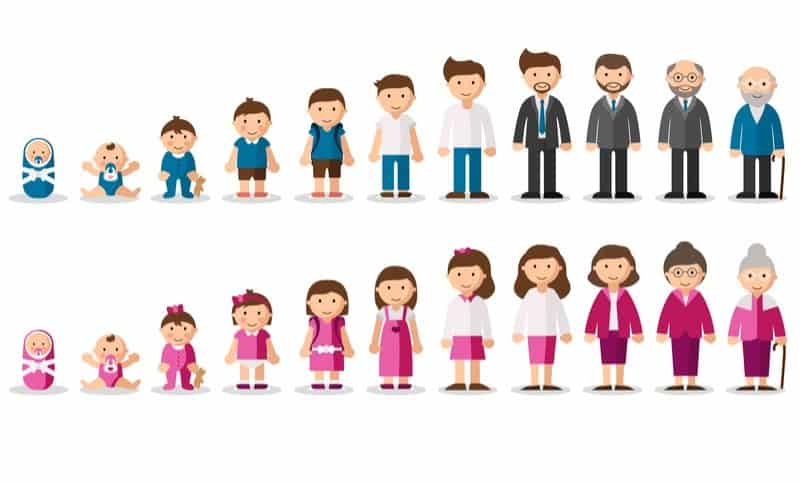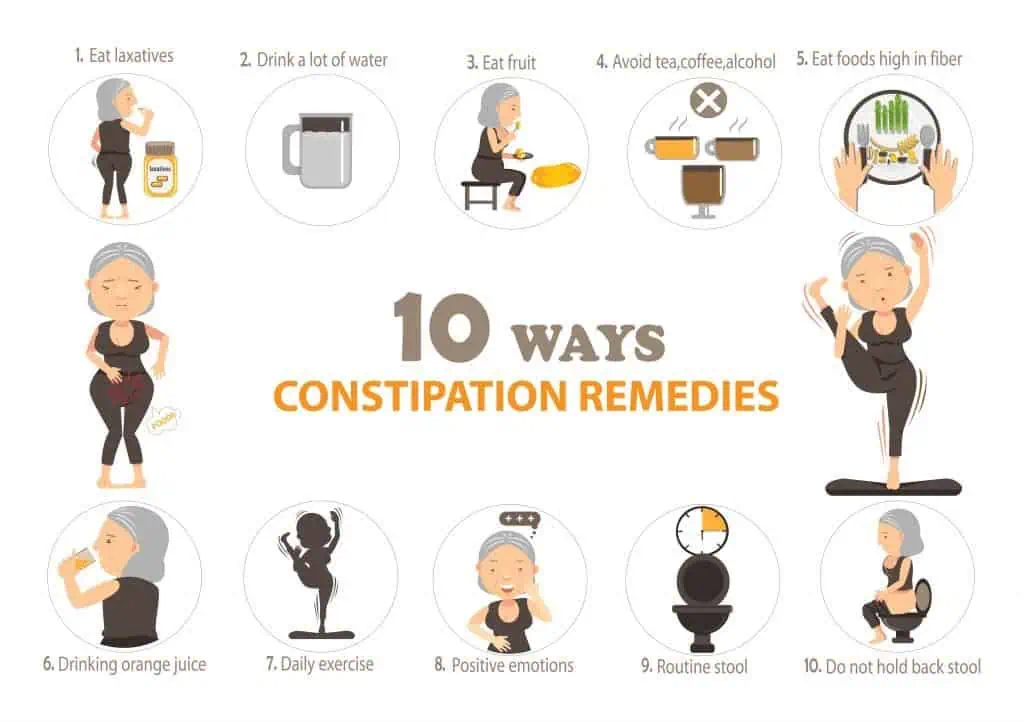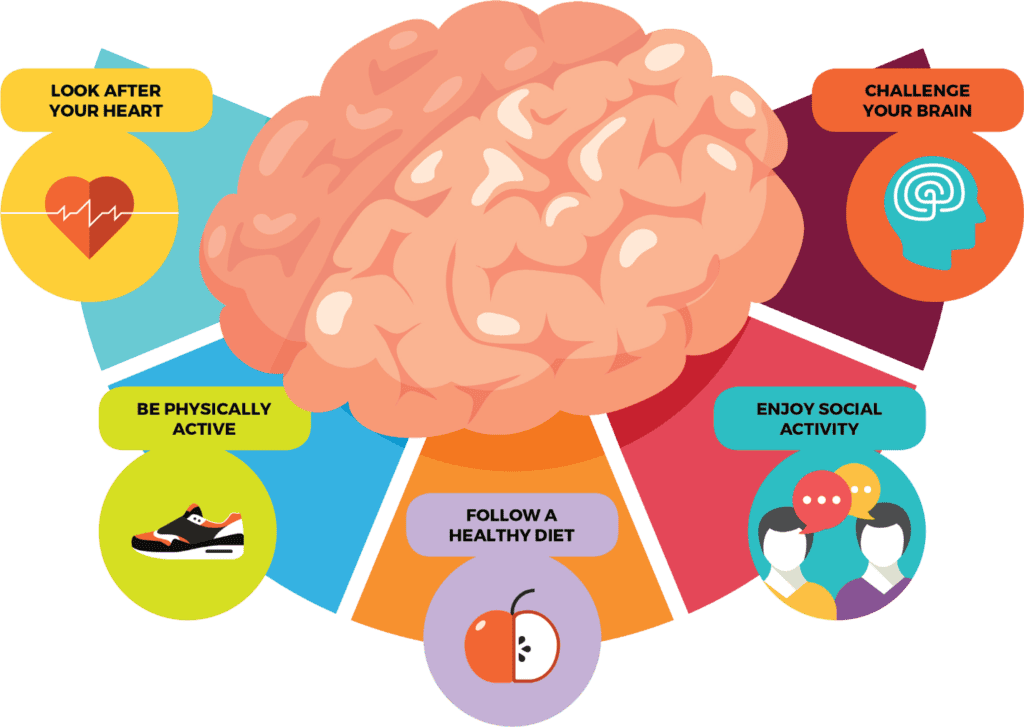This page may contain affiliate links. If you make a purchase through any of these links I will make a small commission. As an Amazon Associate I earn from qualifying purchases.
Dementia vs. Normal Aging
Introduction
It’s difficult to know if your loved one is displaying symptoms of dementia, or if they’re simply growing old. Even though old age is something that looms for all of us, most of us don’t know what normal aging is supposed to look like.
The not knowing is a big problem, because the longer it takes for you to recognize that your loved one is displaying signs of abnormal aging, the longer it takes for them to begin treatment and the worse their dementia is likely to get.
My Grandpa is a great example of this. My family and I simply thought that his irritability and lashing out was just part of him becoming a “grumpy old man,” but this couldn’t be further from the truth.
To know what abnormal aging and possible dementia signs look like, you first need to know what normal aging looks like and how you can combat it as far as possible to help your loved one.
The Normal Aging Process

Image courtesy of Labiotech.eu
The best way to look at aging is to look at how it affects the different areas of your body as you get older. Here are some things you can expect with normal aging, how they differ in people with dementia, and what you can do to promote good health for your loved one:
Cardiovascular System
Your blood vessels and arteries begin to stiffen as you age, which causes your heart muscles to change to work harder to pump blood. Your risk of high blood pressure and other cardiovascular problems increases because your heart rate stays the same during activity and rest.
The development of dementia doesn’t affect the actual functioning of your cardiovascular system, however, if you experience cardiovascular difficulties, then you are more at risk of developing a subtype of dementia known as “vascular dementia.”
To promote heart health:
- Incorporate physical activity into your loved one’s daily routine
- Feed your loved one a healthy diet
- Encourage your loved one not to smoke
- Help your loved one manage their stress
- Help your loved one get enough sleep
Bones, Joints, and Muscles
Your bones tend to shrink in size and density as you age, which weakens them and causes you to become a little shorter. Your muscles will lose strength, endurance, and flexibility, which can affect your coordination, stability, and balance.
The development of dementia doesn’t directly affect your bones, joints, and muscles; however, you need to be aware that decreased mobility is associated with dementia progression and that it’s essential to stay active.
To promote bone, joint, and muscular health:
- Ensure your loved one consumes enough calcium
- Help your loved one get enough vitamin D
- Incorporate physical activity into your loved one’s daily routine
- Help your loved one avoid abusing substances such as alcohol and nicotine
Digestive System
Your large intestine’s structure begins to change as you age, and you may experience more bouts of constipation. Certain chronic medications, such as those taken for diabetes, can also contribute to constipation.
The development of dementia doesn’t directly affect your digestive system; however, decreased appetite and food aversion are associated with dementia progression, and if you don’t maintain a healthy diet, you will begin to experience issues not only with your digestive system but with your weight and continence as well.
To promote digestive health:
- Feed your loved one a healthy diet
- Incorporate physical activity into your loved one’s daily routine
- Monitor your loved one’s continence and assist them if necessary
Here are some home remedies by GI Endoscopy Practice for alleviating your loved one’s constipation. Remember to always consult with your loved one’s doctor first:

Bladder and Urinary Tract
Your bladder becomes less elastic as you age, and your bladder muscles and pelvic floor muscles weaken; this makes you need to urinate more often and can cause you to lose bladder control.
Unfortunately, there is a strong association between dementia and incontinence, and one is usually an indicator for the other.
To promote bladder and urinary tract health:
- Monitor your loved one’s continence and assist them if necessary
- Assist your loved one with going to the bathroom regularly
- Ensure your loved one maintains a healthy weight
- Encourage your loved one not to smoke
- Encourage your loved one to do Kegal exercises
- Eliminate bladder irritants from your loved one’s diet
- Eliminate constipation irritants from your loved one’s diet
Eyes and Ears
Your eyes may begin to display difficulty focusing on objects that are close up, and you may become more sensitive to glare, which causes you to experience difficulty adjusting to different levels of light. Cataracts are common as you age, which affects your eye’s lens and makes your vision cloudy.
Your hearing is likely to diminish as part of the aging process, and you’ll find that you begin to have trouble hearing high frequencies and listening to people in group settings.
The development of dementia doesn’t directly affect your vision and hearing; however, impaired vision and/or hearing has been known to make dementia symptoms worse and speed up its progression.
To promote eye and ear health:
- Schedule regular check-ups for your loved one to have their sight and hearing tested
- Help your loved one take precautions such as wearing sunglasses outside and earplugs in environments with a lot of noise
Teeth
Your teeth become more exposed as you age because your gums might pull back, which makes them more vulnerable to decay and infection. Certain medications, such as blood pressure medication, can also cause dry mouth, which exacerbates decay and infection.
The development of dementia doesn’t directly affect your oral health, however, as people with dementia begin to take care of themselves less and less, their oral health is likely to decline. Additionally, the changes in appetite and diet that come with dementia can also have a direct negative impact on oral health as well.
To promote oral health:
- Ensure your loved one brushes and flosses their teeth twice a day and help them if necessary.
- Schedule regular dental and/or oral hygienist check-ups
Skin
Your skin becomes fragile, less elastic, and thins as you get older. The fatty tissue just below your skin and the natural oils your skin produces decreases as you age, so you will bruise more easily and likely have drier skin. Wrinkles, age spots, and skin tags are common.
The development of dementia doesn’t directly affect your skin; however, due to the decreased mobility associated with dementia and the tendency for people with dementia to stop looking after themselves properly, bedsores, rashes, and skin infections can become common.
To promote skin health:
- Be gentle when bathing your loved one
- Help your loved one take precautions such as wearing sunscreen and protective clothing when outside
- Schedule regular dermatological check-ups if your loved one has a known skin condition
- Encourage your loved one not to smoke
Weight
Your weight changes as you age because your body burns and metabolizes calories more slowly. The type of diet you have has a significant impact on this process and how much weight you gain or lose.
Appetite and dietary changes generally always accompany dementia, which directly affects your weight as well.
To promote and maintain a healthy weight:
- Incorporate physical activity into your loved one’s daily routine
- Feed your loved one a healthy diet
- Ensure that your loved one is eating the correct portion size
Memory and Thinking Skills
Your brain undergoes several changes as you age, which can have minor effects on your memory and thinking skills.
In dementia, these effects are more profound and noticeable. While someone who is aging normally may experience minor lapses in memory and thinking, people with dementia experience these lapses far more often and at a greater severity.
Here’s a table that helps show the difference of how memory and thinking skills present between dementia and normal aging.
| Dementia | Normal Aging |
|---|---|
| Difficulty remembering details of conversations or events that happened recently | Difficulty remembering details of conversations or events that happened years ago |
| Unable to remember the names of family members or recognizing them | Unable to remember the name of an acquaintance |
| Often forgets things and events | Occasionally forgets things and events |
| Pauses frequently when speaking and uses word substitutions when cannot think of the correct word | Occasionally has difficulty finding words |
| Not worried about memory loss, but relatives are very concerned | Some worry about memory loss, but relatives aren’t concerned |
| Makes poor judgments and decisions a lot of the time | Makes a bad decision occasionally |
| Often loses track of time, date, or year | Occasionally forgets which day it is and remembers it later |
| Often misplaces things and is unable to find them again | Loses things from time to time |
To promote memory and thinking skills:
- Incorporate physical activity into your loved one’s daily routine
- Feed your loved one a healthy diet
- Help your loved one stay mentally active
- Help your loved one remain social and encourage them to attend social gatherings
- Treat any medical conditions that your loved one may have which could contribute to their cognitive decline
- Encourage your loved one not to smoke
To Conclude
There is, unfortunately, no cure for aging, and it’s impossible to stop the aging process. You can’t predict how aging will affect your loved one, but you can help your loved one with dementia make good choices that help slow the process and the progression of their disease.
With dedication and hard work, you will be able to help your loved one improve their ability to maintain an active life so that they can do the things they enjoy and spend time with the friends and family that they love.

Image courtesy of Alzheimer’s Disease Association
Howard